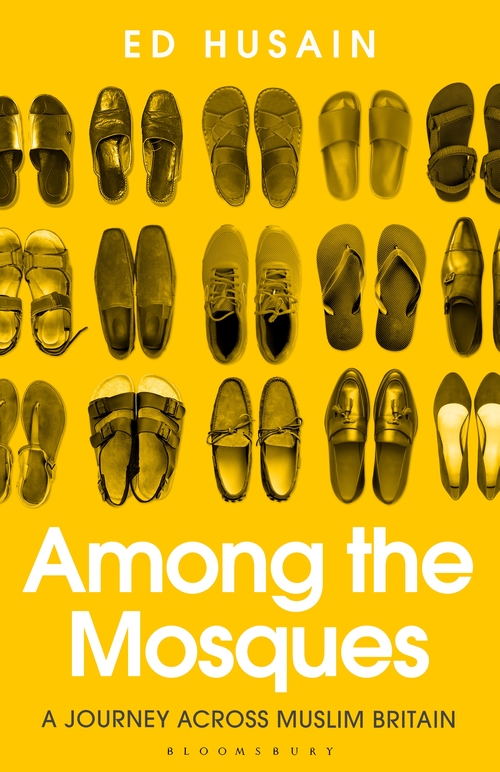While Islam has been firmly placed on the global agenda since 9/11, and
continues to occupy a prominent place in media discourse, attention has
recently begun to shift towards European Muslims, or “as some would
prefer to say” Muslims in Europe. Apart from the usual concerns, mostly
articulated in the media, on the radicalization of Muslim youth, their
failure to integrate into mainstream society and so forth, a vast body
of academic literature on Islam and Muslims in Europe has sprung up
since the late 1990s. This discourse and body of literature on Muslims
in Europe, however, are confined to the west of the continent, viz. the
old EU. This gives the impression that Europe stops at the banks of the
Oder. Central and Eastern Europe – both new EU members and other
countries – has been placed outside the realm of discourse, i.e. outside
Europe. This book aims to fill this gap by describing Muslim communities
and their experiences in Central and Eastern Europe, both in countries
with marginal Muslim populations, often not exceeding 1% (e.g. Hungary
and Lithuania), and in countries with significant Muslim minorities,
sometimes proportionally even larger than in France (e.g. Bulgaria).
Some of these countries have a long history of Muslim presence, dating
back to the 14th century in the case of the Tatars (e.g. Poland and
Ukraine) and the 16th century in the case of the first Muslim arrivals
in the Balkans (e.g. Romania, Slovenia) during the Ottoman era. In other
countries (e.g. Slovakia), Muslims have arrived only recently. What all
these countries have in common is a Communist past inside the former
Eastern bloc.
New Book: Muslims in Poland and Eastern Europe. Widening the European Discourse on Islam






